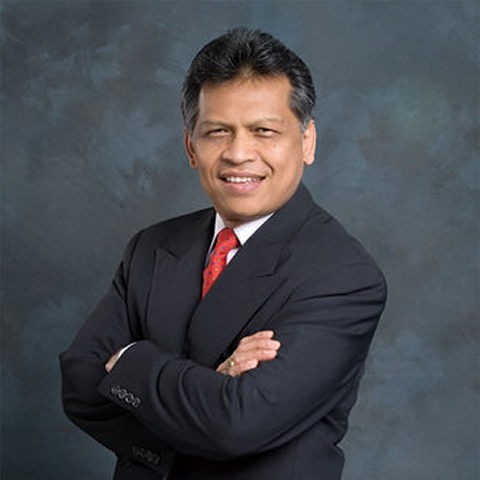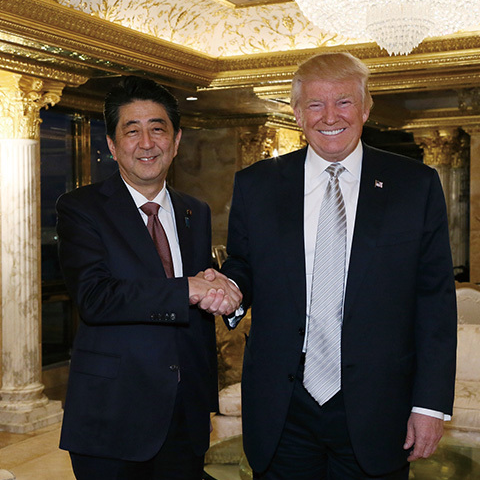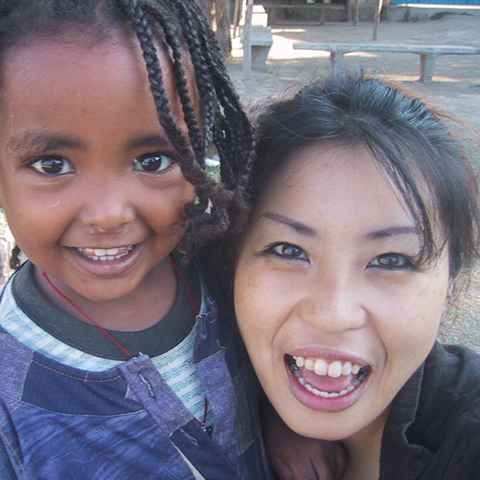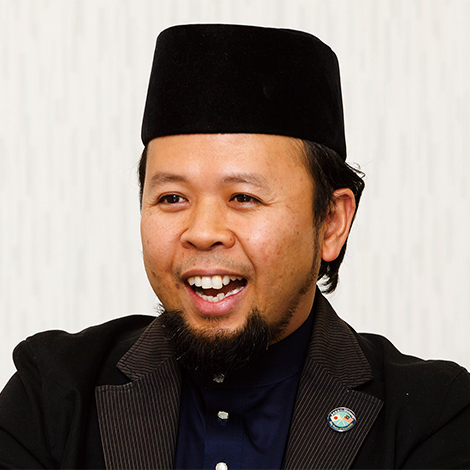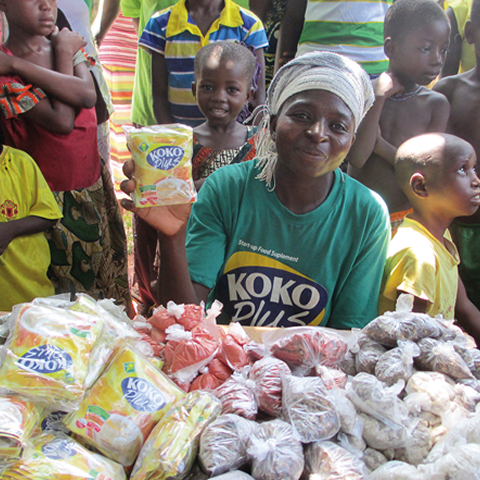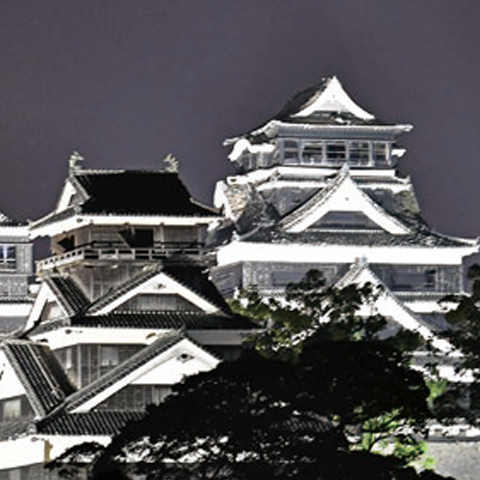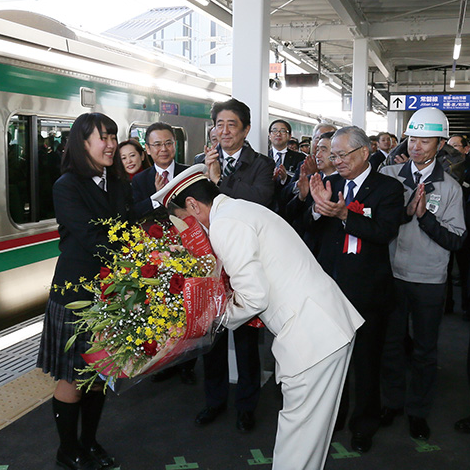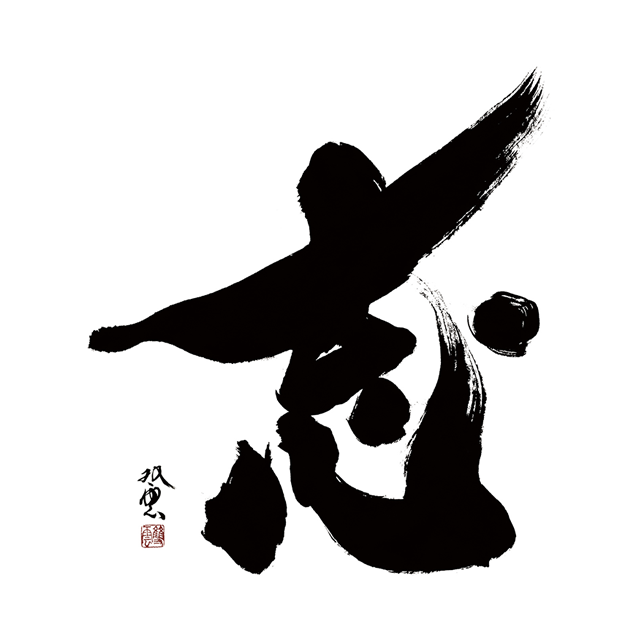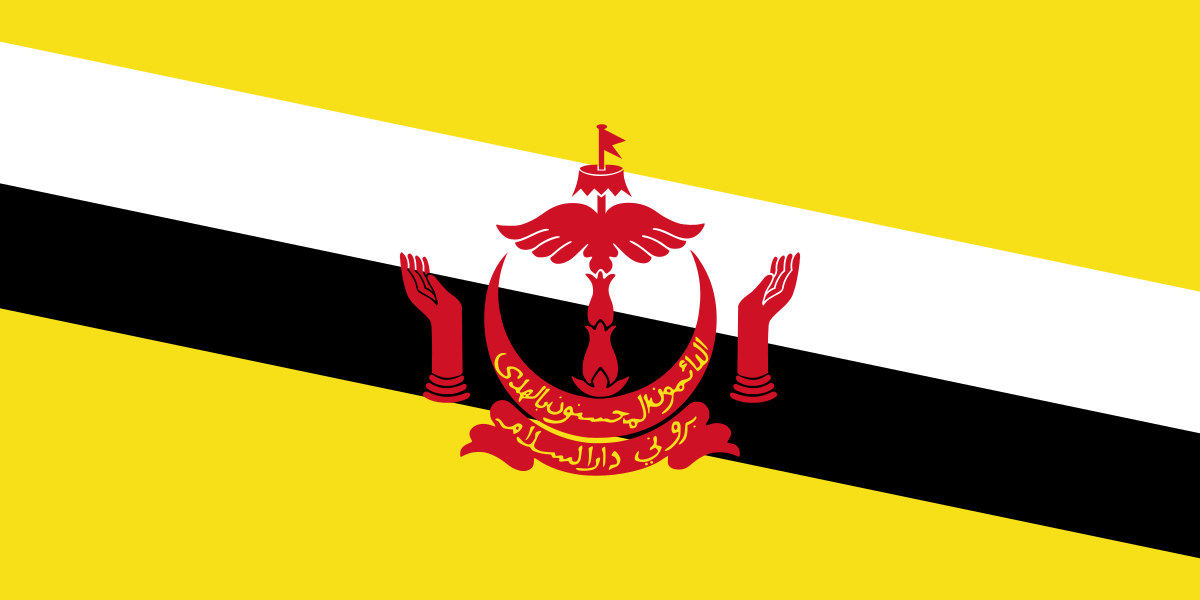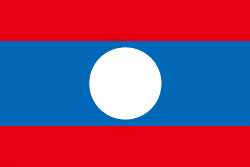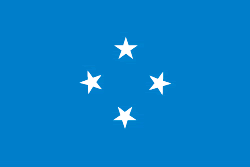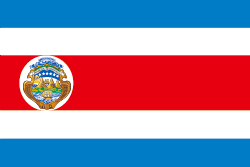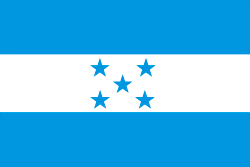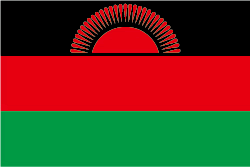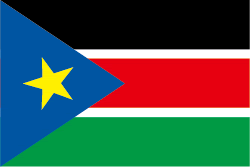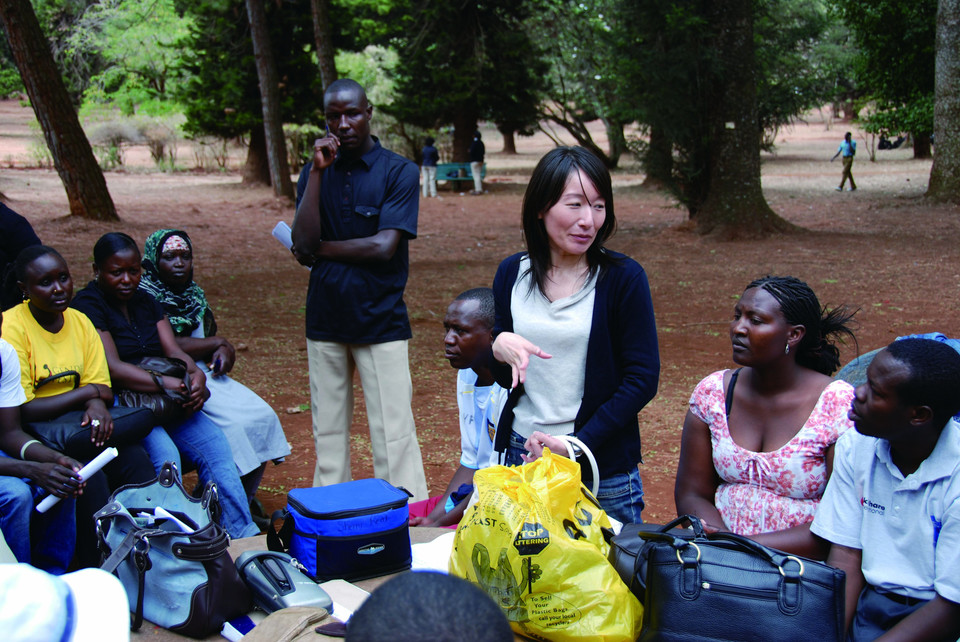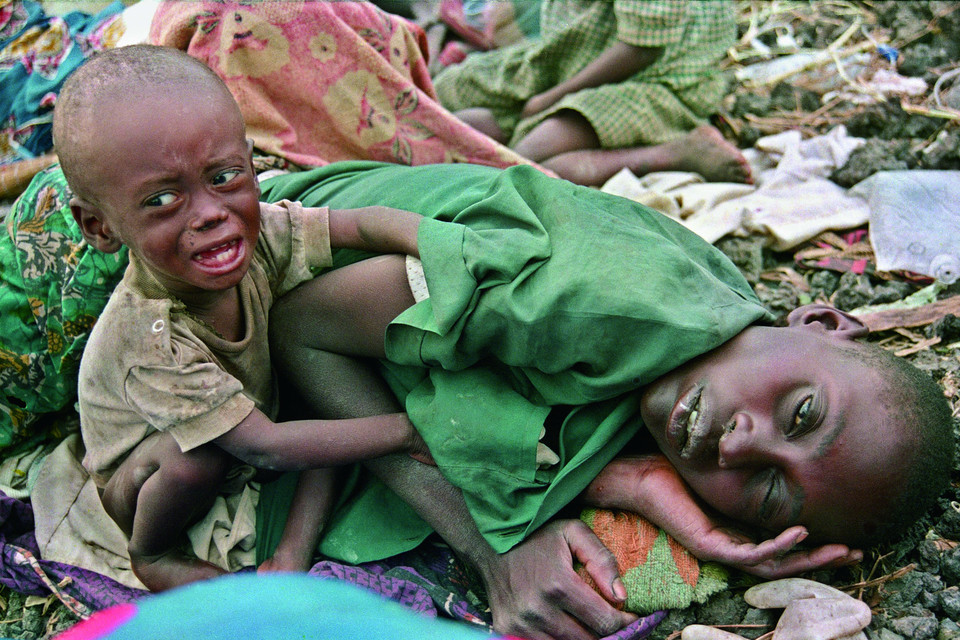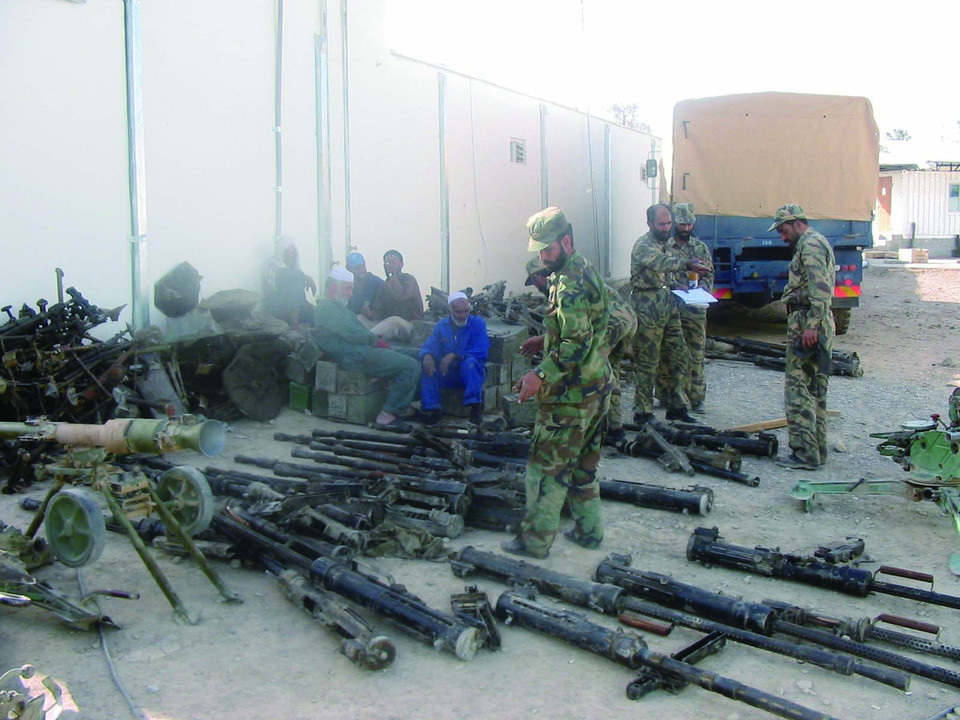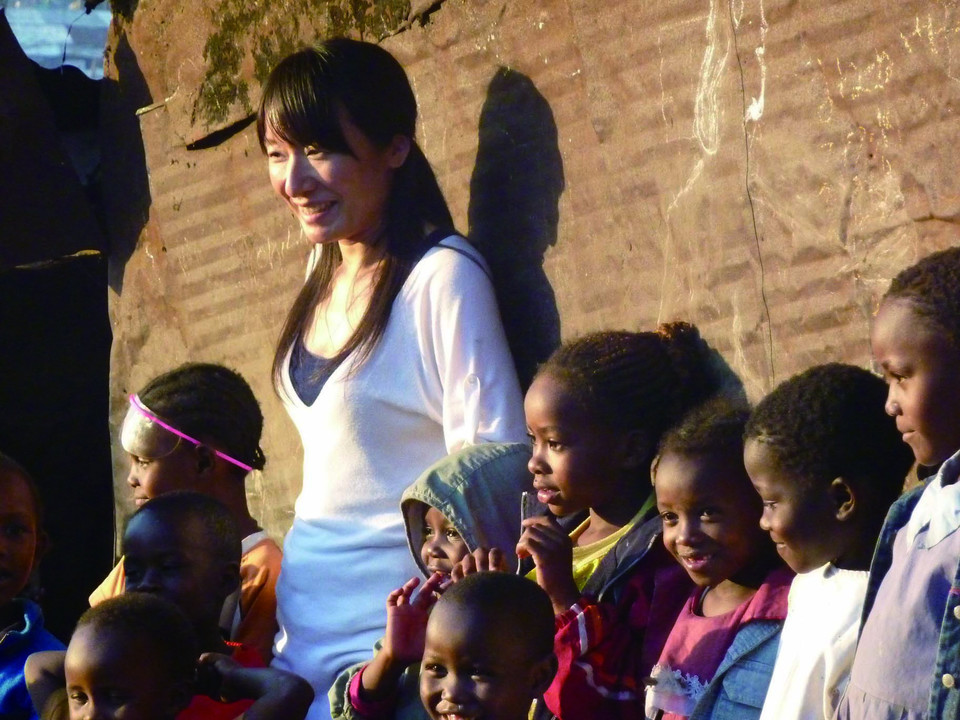Young people trained as counselors with JCCP support interact with conflict victims in a Kenyan slum.
Rumiko Seya, president of the Japan Center for Conflict Prevention (JCCP), has been active as a peacebuilding specialist in Kenya, South Sudan, Somalia, the Middle East, and other conflict zones. Working in cooperation with the United Nations, national governments, nongovernmental organizations, and community members, she has focused her efforts on three key areas: restoring security, supporting economic and psychological self-reliance, and building trust so that opposing forces can coexist.
Shortly before she graduated from high school, Seya happened to see a photograph taken at a camp for Rwandan refugees in the newspaper. This got her thinking about why conflicts occur and what she could do to help resolve them, and she started energetically searching for a way to get involved. After receiving her master’s degree in conflict resolution, she built up experience in this area with five years of work in the field of disarmament, demobilization, and reintegration (DDR) in various locations around the world as an employee of the United Nations and as a diplomat.
A Pulitzer Prize–winning photograph taken at a camp for Rwandan refugees in Zaire. Seeing this photo as a high school student made Seya aspire to a career in peacebuilding activities.
Seya took this photo in Afghanistan while serving as a DDR specialist at the Japanese embassy. Many people told her they would cooperate with her disarmament activities because Japan is an impartial country.
In 2007, Seya switched her focus from DDR to peacebuilding, joining the nongovernmental organization JCCP. While DDR is certainly a worthwhile activity, its support for reintegration into society is limited to soldiers and former soldiers—who are often the perpetrators of violence. Seya had been troubled by the gap she had seen between the perpetrators receiving this support and their much more numerous victims. “I began to feel that a new form of peacebuilding was needed to provide structures for perpetrators and victims to live in the same communities,” she explains.
This new form of peacebuilding is based on a policy of having local people take charge. In the case of youth counseling, for example, JCCP has trained local young people as counselors capable of keeping up the activities on their own. In a Kenyan slum where JCCP has been active for six years, locally recruited and trained counselors have developed into community leaders idolized by small children.
Seya has two targets for the next 5 to 10 years. The first is to turn peacebuilding into a businessgenerating activity with systematic frameworks to foster industries and create jobs in conflict zones. By producing economic benefits in this way, she hopes to fight the pull of war-oriented businesses. The second is to bolster structures for human cooperation. Seya notes that Japan has talented specialists, but they are not organized. “If organization and training improves, it will become possible for Japan to perform peace-related activities in a variety of ways other than through the dispatch of military units or simple provision of funding.”
Seya has found that her Japanese nationality is an advantage when conducting peace operations in certain areas. “In Africa and the Middle East, Japan has no political or historical associations with colonial rule or other negative episodes, and it is viewed as an impartial country. This means that Japanese people can enter areas where Westerners would not be welcome. One of our roles is to contribute to peace by capitalizing on this strength.”
Through her peacebuilding activities, Seya continues to provide new and better options for people living in conflict zones.
Rumiko Seya
Graduated from the Faculty of Policy Studies at Chuo University in Tokyo and completed her master’s degree in conflict resolution at the University of Bradford in the United Kingdom. Has conducted peacebuilding activities in conflict zones around the world, including Rwanda, Afghanistan, and Sierra Leone, working as part of United Nations Peacekeeping Operations, as a diplomat at Japanese foreign missions, and as an employee of the Japan Center for Conflict Prevention. She continues these activities now as president of JCCP.


























